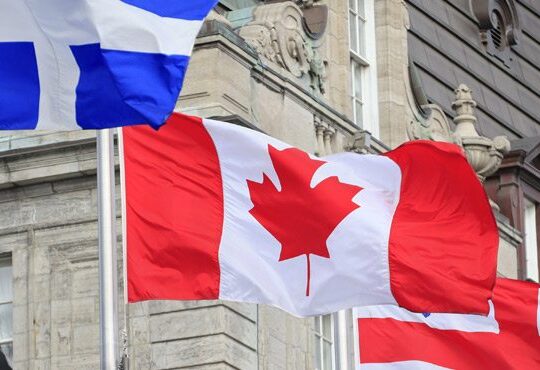Calculating Adjusted Cost Base
TurboTax Canada
October 6, 2022 | 3 Min Read
Updated for tax year 2025

In order to calculate capital gains and losses, you need to understand the concept of Adjusted Cost Base (ACB). Here’s a look at its definition, how to calculate it, and related topics.
Adjusted Cost Base
Current Costs
You need to differentiate between capital costs and current costs. You cannot add current costs to the ACB. Generally, current costs are expenses that you incurred by running your business or maintaining your asset. Unlike capital costs, they aren’t related to assets that endure but instead to items that are used as you purchase them. Monthly electricity bills or small repair costs fall into this category.
For example; if you purchase an HVAC system for your rental property, the cost of that system is a capital cost since it is attached to the building and increases the value of it. You calculate the CCA of the HVAC and claim a depreciation value every year. However, the expenses you incur to service your current HVAC unit are current costs and not used to calculate the asset’s CCA.
Outlays and Expenses
When calculating your capital gains or losses, you need to know your asset’s ACB, as well as any outlays or expenses incurred to buy this asset. Outlays and expenses can include finder’s fees, commissions, broker’s fees, surveyor’s fees, legal fees, advertising costs, and transfer taxes.
Foreign Assets
If you are trying to calculate your capital gains or losses on a foreign asset, you need to convert the proceeds of the disposition, the asset’s ACB, and any purchasing expenses incurred from the foreign currency of the transaction to Canadian currency.
However, you should not convert all of these figures using the same exchange rate. Instead, use the exchange rate in effect the day the transaction occurred for each amount.
When converting the ACB, use the exchange rate on the day you acquired the property. Similarly, when converting the proceeds of the disposition, use the exchange rate from the day you disposed of the asset.
Fair Market Value
In some cases, when calculating your capital gains or losses, you should not use the actual amount that you earned from selling your asset. Instead, you must use its Fair Market Value (FMV).
In particular, if you sell an asset for less than its FMV to someone who is not at arm’s length (i.e. a relative or a friend) from your or if you give it away, you need to calculate your capital gain using the FMV instead of the proceeds that you earned.
However, this does not apply to gifts that you received. If you received a capital asset for free as a gift, you would use $0 as its ACB. You would not use its FMV. If applicable, you can add the cost of additions or other capital costs to the asset’s ACB.
TurboTax software helps you calculate the ACB of your property whether you are reporting it under your rental income, self-employment, or investments. Consider TurboTax Assist & Review if you need further guidance, and get unlimited help and advice as you do your taxes, plus a final review before you file. Or, choose TurboTax Full Service* and have one of our tax experts do your return from start to finish.
*TurboTax Full Service is not available in Quebec.
Related articles

© 1997-2024 Intuit, Inc. All rights reserved. Intuit, QuickBooks, QB, TurboTax, Profile, and Mint are registered trademarks of Intuit Inc. Terms and conditions, features, support, pricing, and service options subject to change without notice.
Copyright © Intuit Canada ULC, 2024. All rights reserved.
The views expressed on this site are intended to provide generalized financial information designed to educate a broad segment of the public; it does not give personalized tax, investment, legal, or other business and professional advice. Before taking any action, you should always seek the assistance of a professional who knows your particular situation for advice on taxes, your investments, the law, or any other business and professional matters that affect you and/or your business.








